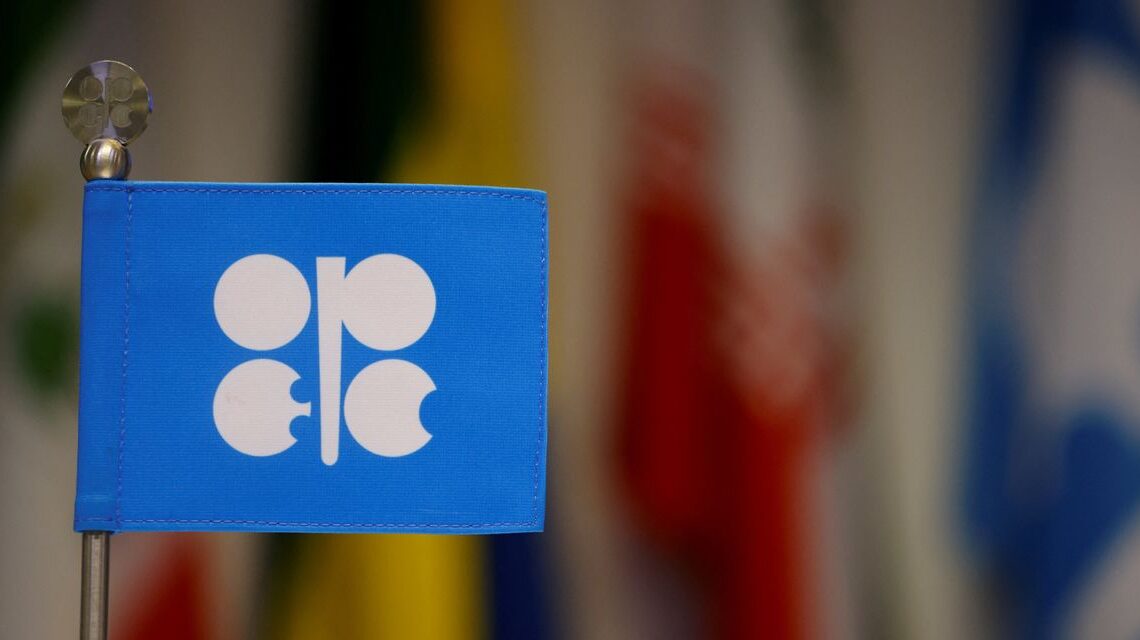OPEC and other big oil producers are likely to decide to keep output levels flat at their meeting Sunday, the group’s delegates said, amid mounting concerns over returning Covid-related lockdowns in China and lingering uncertainty over Russia’s ability to pump.
The 13-member Organization of the Petroleum Exporting Countries and a separate group of producers led by Russia—collectively as OPEC+—are leaning toward approving the same production levels agreed to in October, when they greenlighted a 2 million barrels a day output cut, the delegates said. Sunday’s meeting was planned to take place in person at OPEC’s headquarters in Vienna, but it will now be held remotely to avoid negative media scrutiny, the delegates said.
The move represents a shift in OPEC’s internal deliberations and comes after Saudi Energy Minister
Prince Abdulaziz
bin Salman raced to shore up unity in OPEC after some members clamored for a production increase of up to 500,000 barrels a day earlier this month, delegates said. Several OPEC producers, including Iraq and the United Arab Emirates, issued statements supporting the current production plan after hearing from Prince Abdulaziz, the delegates said.
The U.A.E. and Iraq have pushed for an upward revision of their OPEC-agreed production limit after they have invested heavily into new capacity that allows them to pump much more. OPEC producers remain worried about a possible oil-supply shortage that could emerge in the coming weeks with new sanctions on Russia, as the West seeks to punish Moscow for its invasion of Ukraine.
The European Union is planning to ban Russian oil almost completely on Dec. 5, a day after OPEC meets, amid separate efforts to put a price cap on Moscow’s crude. Russia’s deputy…
Click Here to Read the Full Original Article at WSJ.com: World News…

